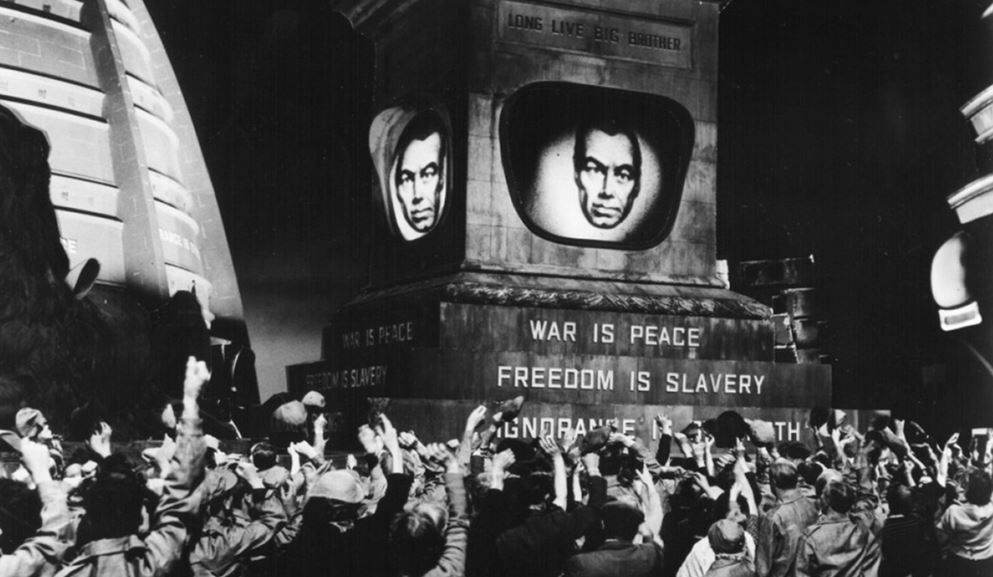Thousands of years ago in 458 BC, Lucius Quintius Cincinnatus was hard at work behind his plow on the family farm when a group of Roman Senators showed up with urgent news.
A foreign enemy called the Acqui had vanquished one of Rome’s armies and was rapidly approaching the city. The Republic was in deep trouble.
Cincinnatus was a former consul and renowned military leader, so in their panic, the Roman Senate unanimously appointed him as an emergency dictator.
All of Rome’s individual freedoms were immediately suspended. Checks and balances were eliminated. Cincinnatus would have supreme power to do whatever he saw fit during Rome’s time of crisis.
According to ancient Roman historians, Cincinnatus told his wife, “Go and fetch my toga,” and he immediately went to work.
Cincinnatus was legendary: he mobilized a new army, repelled the foreign invaders, and saved the city from certain destruction, all within just 15 days.
But even more importantly, Cincinnatus relinquished all of his power immediately after the victory, and returned to his plow. It was a display of virtue and selflessness that Romans celebrated for centuries.
Most dictators, of course, are not so principled.
The ancient Greeks (despite having invented democracy) routinely appointed dictators during times of national emergency.
Very few relinquished power willingly, and several– like Dionysius of Syracuse, Nabis of Sparta, Peisistratus, etc.– ruled for decades.
They always found a way to extend the emergency and hang on to power. And eventually, the people simply became accustomed to their new reality.
This is still true of human nature today.
When I was a kid in the 1980s, my father used to go on business trips from time to time, and my mother would usually take my sister and I to the airport to pick him up.
Many of you are old enough to remember this– back then, visitors used to be able to go directly to the gate, i.e. we would go through security and sit at the gate waiting for my dad as he walked off the plane.
Obviously you can’t do that anymore.
After a series of terrorist incidents in the late 1990s, followed by 9/11 a few years later, the government put its boot to the throat of airport security.
Today we stand in line for a dose of radiation while being barked at and occasionally fondled by federal employees.
If you think about 9/11 in particular, its remarkable how much power the government grabbed, and how many freedoms they took away. Two decades later, it’s clear those freedoms are never coming back.
I’m not just talking about visitors being able to go directly to the gate at the airport. That’s a tiny example.
The wider impact of 9/11 can be seen everywhere.
The government now maintains broad authority to spy on its citizens, with the NSA brazenly intercepting phone calls, emails, and communication metadata through an extraordinary surveillance dragnet.
Financial institutions submit ‘suspicious activity reports’ to the federal government to inform on their own customers, even for the most mundane transactions like withdrawing a few thousand dollars of cash.


